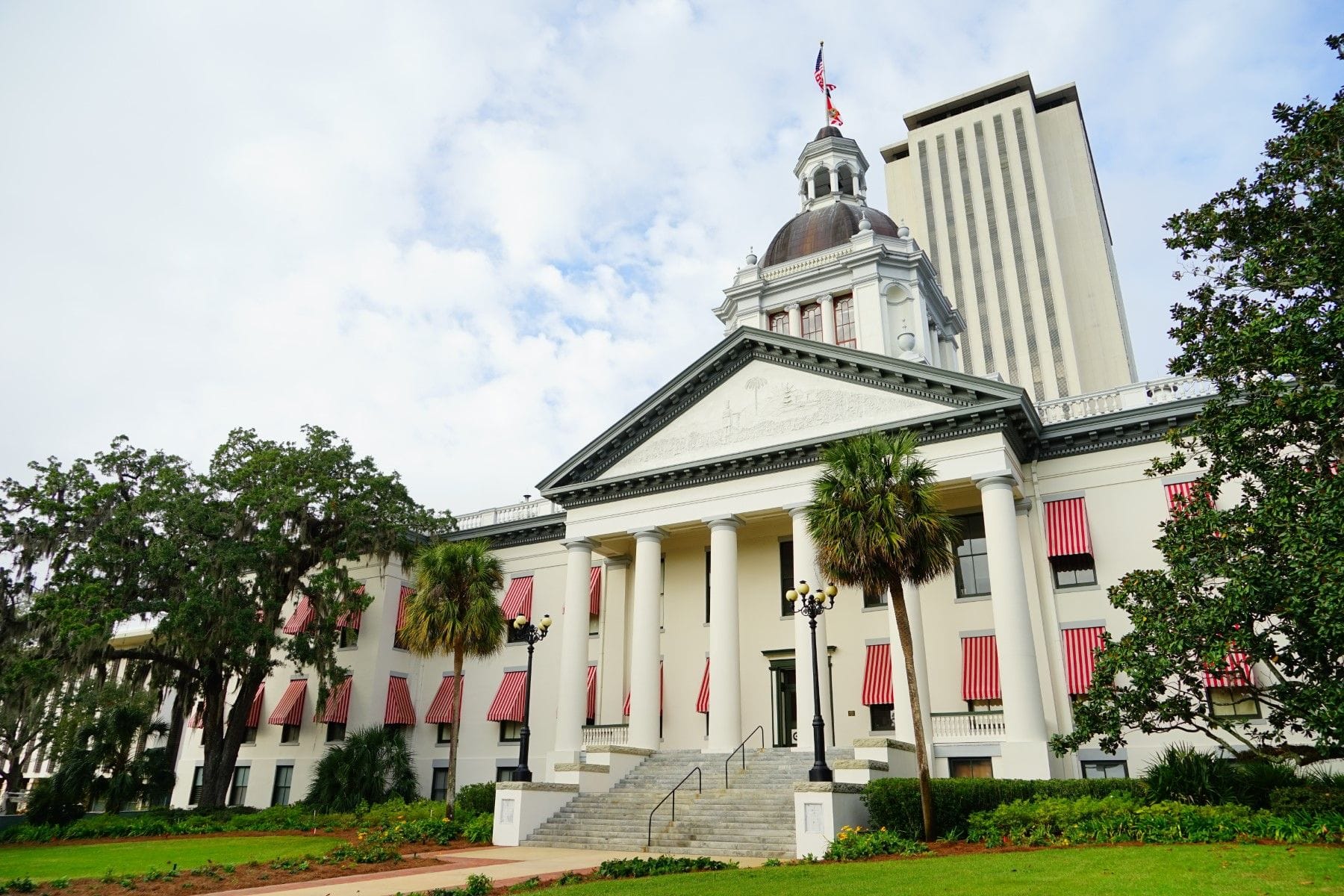Expert Witness Compensation Rules in Florida
In Florida, expert witness compensation is regulated by procedural rules and ethics to ensure transparency, fairness, and impartiality in legal proceedings.
Updated on
In this article
What Are the Rules Governing Expert Witness Compensation in Florida?
In Florida, the compensation for expert witnesses is governed by a blend of statutory provisions, rules of civil procedure, and case law. These regulations ensure that expert witnesses receive fair compensation for their services while maintaining transparency and ethical standards. The legal framework surrounding expert witness fees aims to prevent any undue influence on expert testimony, thereby preserving the integrity of the judicial process.
Fee Provisions in Florida Rules of Civil Procedure
The Florida Rules of Civil Procedure provide specific guidelines regarding the compensation of expert witnesses. According to Rule 1.280(b)(5) of the Florida Rules of Civil Procedure, parties are required to disclose detailed information about the fees paid to expert witnesses. This rule ensures that expert witnesses are selected based on their expertise rather than financial considerations. Additionally, the rule mandates that parties must disclose not only the total compensation but also the hourly rates and other fee structures agreed upon.
Key aspects of Rule 1.280(b)(5) include:
- Mandatory disclosure of expert witness compensation.
- Requirement of detailed breakdowns of total fees and hourly rates.
- Obligation for parties to provide additional fee-related information upon request.
These provisions aim to foster transparency and prevent any potential conflicts of interest that could arise from undisclosed financial arrangements.
Understanding Florida Statute §90.705: Disclosure of Expert Witness Fees
Florida Statute §90.705 addresses the disclosure of facts or data underlying expert opinions. While the statute primarily focuses on the foundation of expert testimony, it implicitly supports the transparency of expert witness fees. By ensuring that the basis of an expert’s opinion is clear and accessible, the statute reinforces the importance of unbiased and credible testimony.
The statute allows for:
- Examination of the facts or data upon which an expert's opinion is based.
- Cross-examination regarding the applicability of these facts or data to the expert's opinion.
- Transparency in the expert’s methodology and compensation agreements.
By advocating for open disclosure, Florida Statute §90.705 helps maintain the reliability and impartiality of expert testimony, indirectly impacting the compensation structure.
Florida Ethics Opinions on Expert Witness Compensation
The Florida Bar has issued several ethics opinions that provide guidance on the appropriate compensation for expert witnesses. These opinions emphasize the importance of maintaining ethical standards and avoiding any appearance of impropriety in the compensation of expert witnesses.
Key points from Florida ethics opinions include:
- Expert witnesses should not be compensated on a contingent fee basis, as this could compromise their objectivity.
- Attorneys must ensure that the compensation structure does not influence the expert’s opinions or testimony.
- Full disclosure of compensation arrangements to opposing parties is crucial for maintaining ethical transparency.
These ethical guidelines are designed to uphold the integrity of the legal process and ensure that expert witnesses provide impartial and accurate testimony.
Practical Tips for Structuring Expert Witness Fee Agreements in Florida
When structuring expert witness fee agreements in Florida, it is essential to adhere to the established legal and ethical guidelines to ensure transparency, fairness, and impartiality. Here are some practical tips for structuring these agreements:
- Clearly Define Compensation Terms: Ensure that the fee agreement clearly outlines the compensation terms, including hourly rates, retainer requirements, and any additional expenses. This clarity helps prevent misunderstandings and disputes later on.
- Avoid Contingency Fees: Consistent with Florida ethics opinions, avoid structuring fee agreements on a contingent basis. This approach helps maintain the objectivity and credibility of the expert witness.
- Include Detailed Invoices: Require expert witnesses to provide detailed invoices that break down the hours worked and tasks performed. This practice promotes transparency and allows for straightforward verification of the services rendered.
- Address Payment for Preparation and Testimony: Specify how the expert will be compensated for preparation time, travel, and actual testimony. This ensures that all aspects of the expert's involvement are covered in the agreement.
- Provide for Fee Dispute Resolution: Include a clause that outlines the process for resolving any disputes over fees. This provision can help manage and mitigate conflicts that may arise regarding compensation.
- Ensure Compliance with Disclosure Requirements: Make sure the fee agreement aligns with the disclosure requirements of Rule 1.280(b)(5) of the Florida Rules of Civil Procedure. This compliance aids in maintaining transparency and ethical standards.
By following these practical tips, parties can establish expert witness fee agreements that uphold the integrity of the judicial process while ensuring fair and transparent compensation for expert services.


